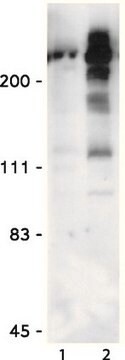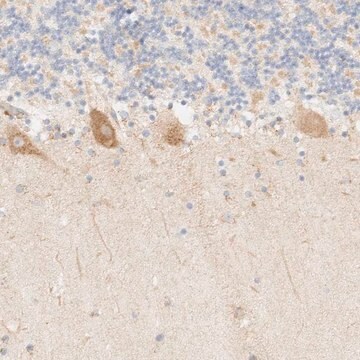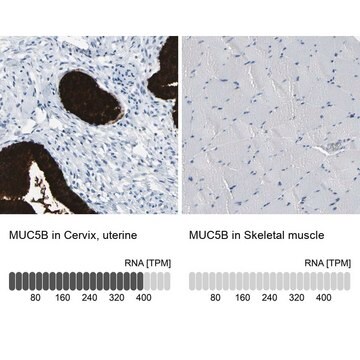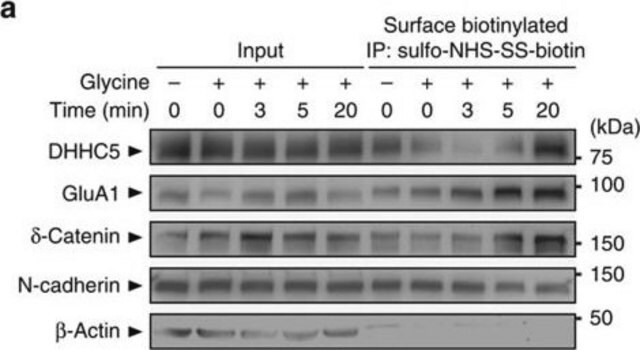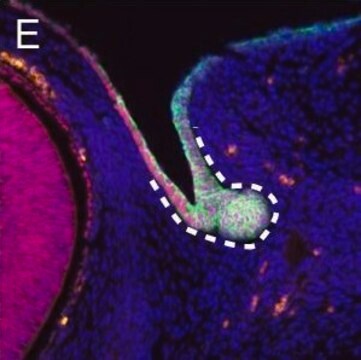04-792
Anti-phospho-CENP-A (Ser7) Antibody, clone NL41, rabbit monoclonal
culture supernatant, clone NL41, Upstate®
About This Item
Produits recommandés
Source biologique
rabbit
Niveau de qualité
Forme d'anticorps
culture supernatant
Type de produit anticorps
primary antibodies
Clone
NL41, monoclonal
Espèces réactives
human
Conditionnement
antibody small pack of 25 μL
Fabricant/nom de marque
Upstate®
Technique(s)
immunocytochemistry: suitable
multiplexing: suitable
western blot: suitable
Isotype
IgG
Numéro d'accès NCBI
Numéro d'accès UniProt
Conditions d'expédition
dry ice
Modification post-traductionnelle de la cible
phosphorylation (pSer7)
Informations sur le gène
human ... CENPA(1058)
Catégories apparentées
Description générale
Spécificité
Immunogène
Application
Epigenetics & Nuclear Function
Cell Cycle, DNA Replication & Repair
Qualité
Description de la cible
Liaison
Forme physique
Stockage et stabilité
For maximum recovery of product, centrifuge the vial prior to removing the cap. Avoid repeated freeze/thaw cycles, which may damage IgG and affect product performance.
Remarque sur l'analyse
Acid extracted proteins from colcemid-arrested HeLa cells
Informations légales
Clause de non-responsabilité
Vous ne trouvez pas le bon produit ?
Essayez notre Outil de sélection de produits.
Code de la classe de stockage
10 - Combustible liquids
Classe de danger pour l'eau (WGK)
WGK 1
Certificats d'analyse (COA)
Recherchez un Certificats d'analyse (COA) en saisissant le numéro de lot du produit. Les numéros de lot figurent sur l'étiquette du produit après les mots "Lot" ou "Batch".
Déjà en possession de ce produit ?
Retrouvez la documentation relative aux produits que vous avez récemment achetés dans la Bibliothèque de documents.
Notre équipe de scientifiques dispose d'une expérience dans tous les secteurs de la recherche, notamment en sciences de la vie, science des matériaux, synthèse chimique, chromatographie, analyse et dans de nombreux autres domaines..
Contacter notre Service technique